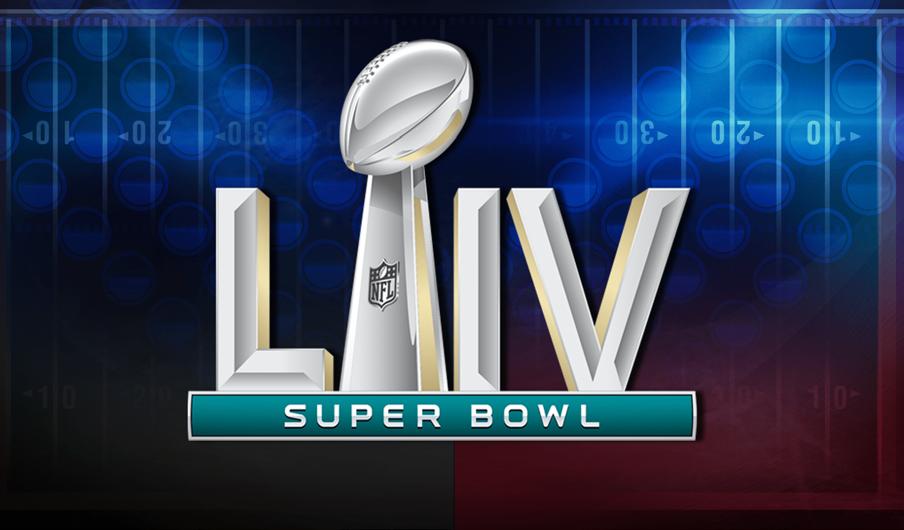Tariffs
and the Greatest Threat to the On-Premise Industry since
Prohibition
by Edward M. Korry
By the time this article is published, the U.S. Trade Representative (USTR) will have reached a decision by February 17th either to impose the threatened 100 percent import tariff on EU wine, spirits and other products, or delay the decision, which would place it under an economic impact review for six months, as required by World Trade Organization (WTO) rules. The U.S. is in the middle of several trade disputes but none has the potential impact on the food and beverage industry that may be felt from the threat posed by the imposition of the 100 percent U.S. tariff proposal on EU goods. This tariff proposal is quite distinct from the 25 percent tariff imposed last October on wine “other than Tokay (not carbonated), not over 14 percent alcohol, in containers not over two liters,” whiskies, liqueurs, cheeses, olive oil, hams, pastas, clothing and other products from France, Germany, Spain and Britain, in response to the WTO’s ruling on unfair subsidies of Airbus. The cost of the 25 percent October tariff was somewhat absorbed by import companies, who worked with their European partners to split costs in many cases and increased prices somewhat marginally to reduce sales impact. Collectively, however, the imports of the impacted EU countries’ wines were down 10 percent in volume and 30 percent in value in November 2019, as compared to 60
in the Mix Magazine
November 2018. Statistics provided by France’s trade office demonstrated a negative impact of $300 million of wine exports to the U.S. It resulted in reduced or loss of profitability for U.S. wine import companies, distributors and retailers but did not immediately threaten their survival. However, that was a short-term strategy and not sustainable. Costs are already being passed on to the retail and on-premise industry, averaging a 15 to 20 percent increase. The impact on U.S. exports will also be affected as the EU will most likely retaliate, because the WTO also found Boeing guilty of subsidies. There was another tariff, threatened by the Trump administration, that would be strictly on French wines, particularly Champagne, in retaliation for the added 3 percent digital tax proposal on Amazon, Facebook and Google, among others. After a disclosed phone call between Presidents Macron and Trump, this threat was placed on hold while negotiations continue through 2020. Unfortunately, the widely reported phone agreement led many to believe that the looming 100 percent tariff threat against EU products had been waived. Not at all. The USTR threat of 100 percent tariff proposal is a result of a WTO’s ruling that Airbus had been unfairly subsidized and the U.S. could institute $7.5 billion in tariffs to make up for subsidy advantages. Why wine,









